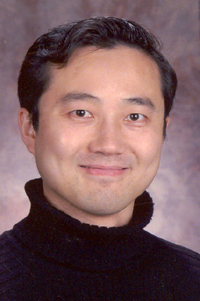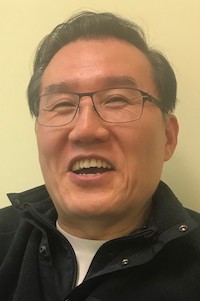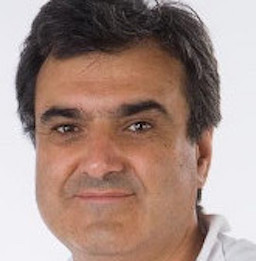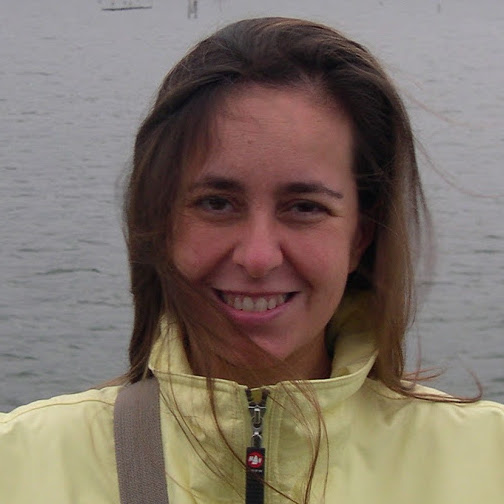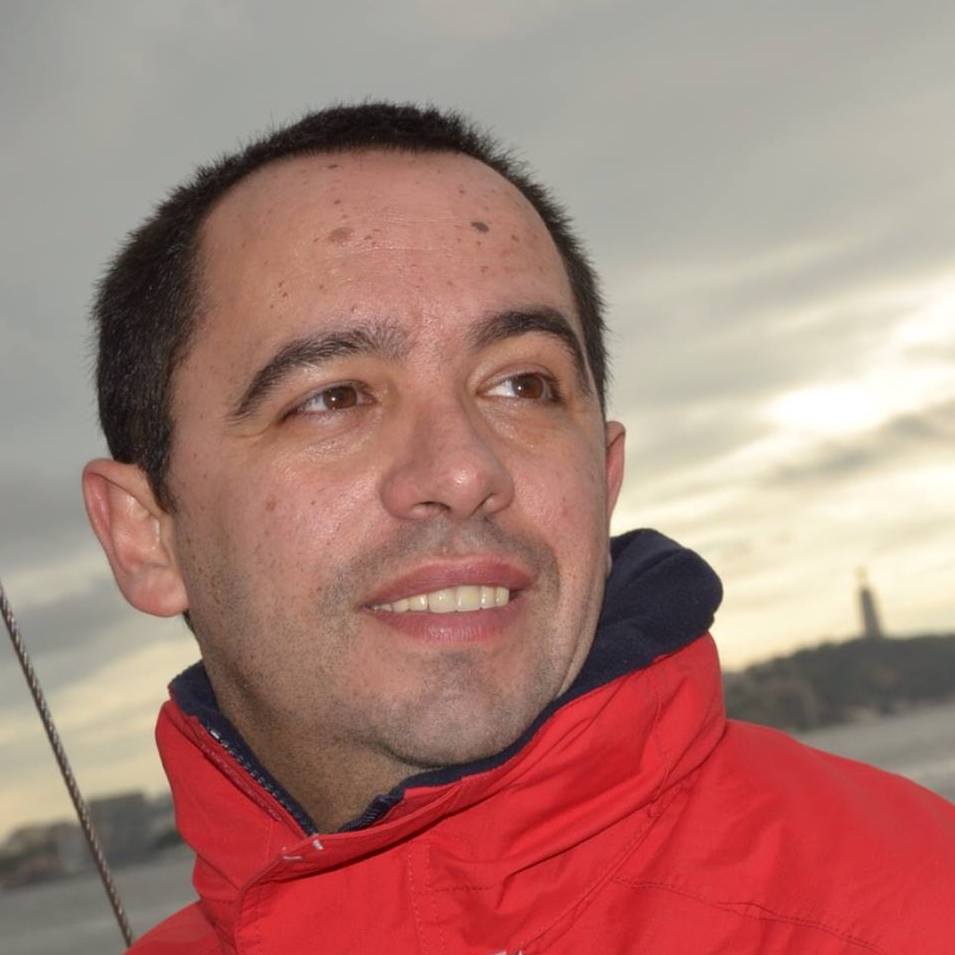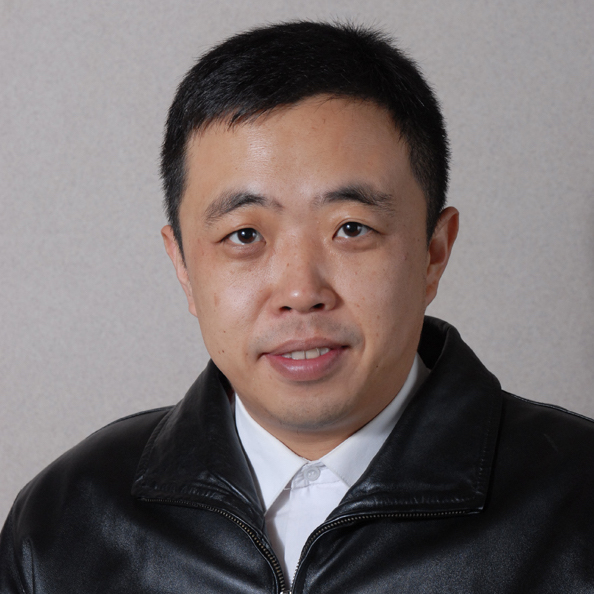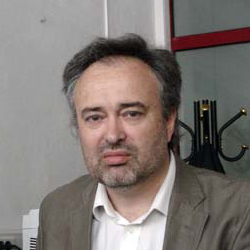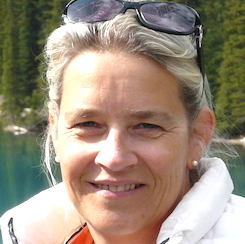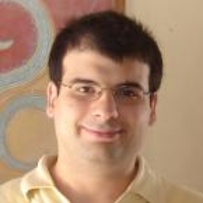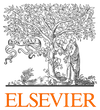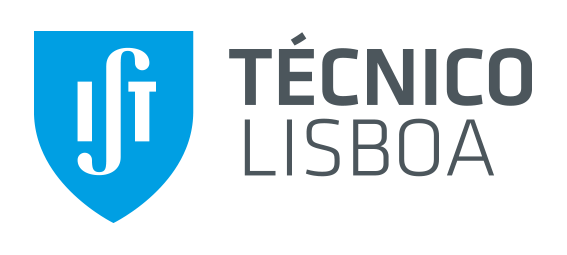Replicability Stamp
SMI participates in the Replicability Stamp Initiative, an additional recognition for authors who are willing to go one step further, and in addition to publishing the paper, provide a complete open-source implementation. The Graphics Replicability Stamp Initiative (GRSI) is an independent group of volunteers who want to help the community by enabling sharing of code and data as a community resource for non-commercial use. The volunteers review the submitted code and certify its replicability, awarding a replicability stamp, which is an additional recognition for authors of accepted papers who are willing to provide a complete implementation of their algorithm, to replicate the results presented in their paper. The replicability stamp is not meant to be a measure of the scientific quality of the paper or of the usefulness of presented algorithms. Rather, it is meant to be an endorsement of the replicability of the results presented in it!
The paper and the recognition of the service provided to the community by releasing the code. Submissions for the replicability stamp will be considered only after the paper has been fully accepted. Submissions that are awarded the replicability stamp will receive additional exposure by being listed on this website. The purpose of this stamp is to promote reproducibility of research results and to allow scientists and practitioners to immediately benefit from state-of-the-art research results, without spending months re-implementing the proposed algorithms and trying to find the right parameter values. We also hope that it will indirectly foster scientific progress, since it will allow researchers to reliably compare with and to build upon existing techniques, knowing that they are using exactly the same implementation. This is an initiative supported by a growing list of publishers, journals, and conferences.
The submission procedure is lightweight (click here to see requirements) and we encourage the authors of accepted papers to participate by filling the form that they received in the acceptance letter. The papers with the replicability stamp will receive additional exposure during SMI, and will be listed on the replicability stamp website.
The qualified papers will be decorated with the  logo in the program
logo in the program
(logo design by Michela Mortara)







